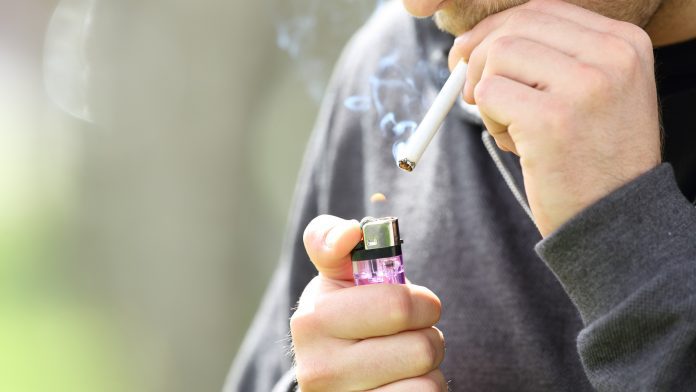
According to research published in the European Respiratory Journal, children are more likely to develop asthma if their father was exposed to secondhand smoke as a child.
Researchers from the University of Melbourne found that a child’s risk of developing asthma is higher if their father was exposed to secondhand smoke and went even greater if they went on to become a smoker themselves. The researchers say their findings highlight how smoking can damage health not just for smokers and their children, but their grandchildren as well.
Asthma is a common long condition that causes breathing difficulties. It often occurs in childhood but can also develop in adulthood and can affect people of all ages. There is currently no cure for asthma but there are treatments that can keep the condition under control.
Secondhand smoke increases asthma risk significantly
The research was based on data from the Tasmanian Longitudinal Health Study (TAHS) and was led by Professor Shyamali Dharmage. TAHS was launched in 1968 and is one of the world’s largest and oldest respiratory studies.
The study analysed 1,689 children who grew up in Tasmania, Australia, and their fathers and paternal grandparents. Information on whether children had developed asthma by seven years old was compared to whether their fathers grew up with parents who smoked they were under the age of 15. Data on whether their fathers were current or former smokers were also included.
“We found that the risk of non-allergic asthma in children increases by 59% if their fathers were exposed to secondhand smoke in childhood, compared to children whose fathers were not exposed,” said Mr Jiacheng Liu, a researcher on the project.
“The risk was even higher, at 72%, if the fathers were exposed to secondhand smoke and went on to smoke themselves.”
“For men who were exposed to secondhand smoke as children, our study suggests that they can still lower the risk they pass on to their own children if they avoid smoking,” added Dr Dinh Bui, another contributor to the project.
More research is needed to identify how asthma is inherited
The researchers admit they cannot be certain how this damage is passed on from fathers to their children, they believe it is linked to epigenetic changes.
“This is where factors in our environment, such as tobacco smoke, interact with our genes to modify their expression. These changes can be inherited but may be partially reversible for each generation,” Dr Bui said.
“It’s possible that tobacco smoke is creating epigenetic changes in the cells that will go on to produce sperm when boys grow up. These changes can then be passed on to their children.”
The researchers will now investigate if the increased risk of asthma continued into adulthood and whether fathers who were exposed to secondhand smoke as children pass on any other conditions such as, allergies and lung disease to their children.









